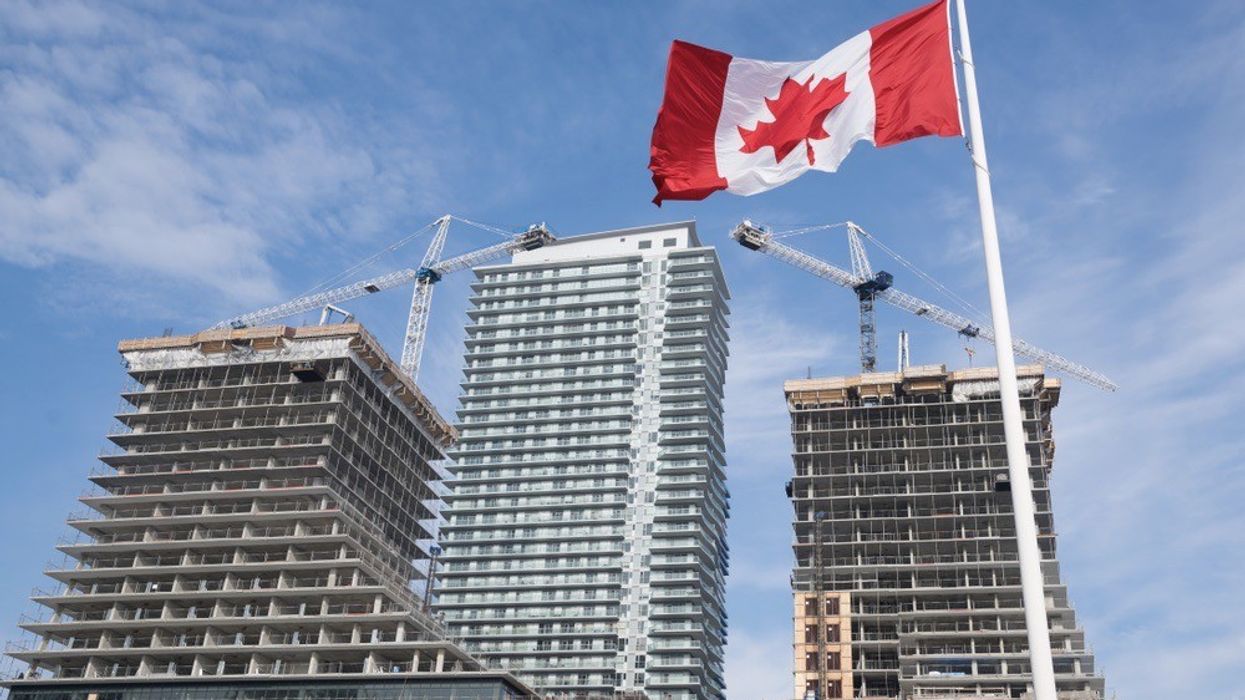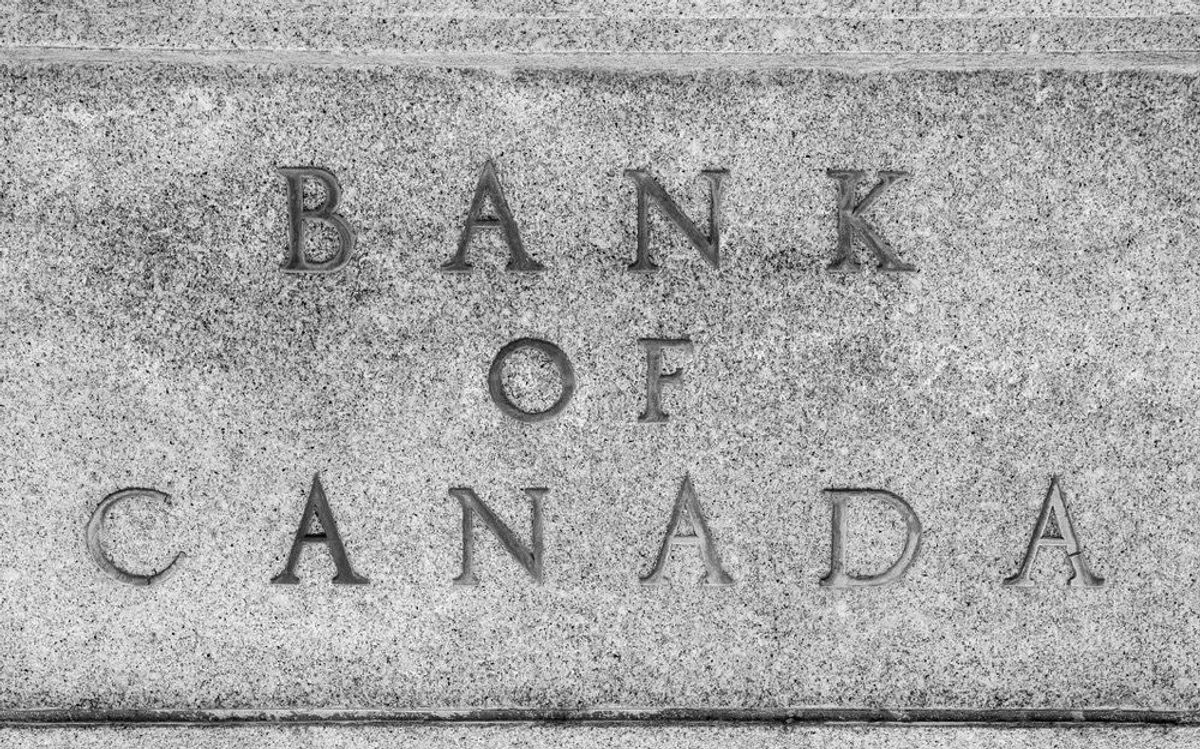Amid news that Zillow Offers went belly-up after overleveraging itself with thousands of homes, the question of whether or not the same thing could happen in Canada, albeit on a smaller scale, is a pertinent one.
But, as we enter a hyper-inflationary environment, real estate is proving one of the few soluble ways to stay ahead of the curve.
“People are pulling money out of their houses left, right and centre with alternative financing, wanting to invest and it doesn’t even matter what the interest rate is because they’re getting a bigger return on the appreciation,” Shawn Allen, Owner and President of Matrix Mortgage Global in Toronto, said. “People are refinancing with all kinds of lenders who are giving 60% GDS [Gross Debt Service] and TDS [Total Debt Service] ratios and then they’re taking that 3-5% and putting it down on a preconstruction unit, getting 18-20% back. People are definitely pulling money out of their homes to buy more real estate because it’s the only thing they can see is going up.”
Bank of Canada Governor Tiff Macklem recently said that a rate hike is imminent. However, according to a Vancouver-based housing analyst and realtor, one reason investor activity in the housing market will remain elevated for the foreseeable future is that interest rate normalization isn’t feasible given how much debt there is in the economy.
READ: Household Mortgage Debt Just Rose By a Record Amount in Canada
“I think the biggest thing is if we look at what’s happening in the market, investor demand, whether presale or resale competing for one-bedrooms, is pretty insatiable,” Steve Saretsky said. “It’s always about the cost of capital; if investors have alternatives they put their money elsewhere, but with what we’re seeing right now, the alternative is you leave your money in the bank at less than half a percent, so you’re seeing more and more capital flowing into the housing market.”
Of course, individual investors aren’t the only ones betting on real estate. Institutional investors are flocking to the multifamily residential sector in droves because their bond market allocations are producing diminishing returns. But individual investors typically purchase condos, not multifamily dwellings.
“If you’re saving for retirement, 1% in a GIC won’t cut it, especially with inflation running at 4.5%,” Saretsky said. “People are looking at alternative investing, so more and more capital goes into the housing market. Unless you suddenly get 4-5% in a GIC or the bond market, I don’t see how more and more capital won’t flow into the housing market from an investor standpoint.”
The average homeowner refinances their mortgage about every third year. Although, according to Patrick Groleau, Owner of Montreal-based McGill Real Estate, Canadians appear to be more responsible than their neighbours south of the border were in the years leading up to the Great Recession.
Moreover, he says that, because housing demand is vastly outstripping supply across the country, there’s little chance of overleveraged investors sparking an economic crisis.
“People are aware to keep cushions, real estate-wise,” he said. “But at the end of the day, there’s no supply, so even if there were a correction, there would always be somebody available to buy if you needed to sell. I don’t see banks taking over real estate in the short-term; you will get a fair price and be able to reimburse banks and service your debt.”
READ: Mortgage Debt in Canada is Now Equal to the Entire Country’s GDP
Added Groleau, “The economy is doing great. There will probably be a small correction to the housing market, but nothing that will put your investment at risk. People are playing the game more safely than they were in 2008.”
The Office of the Superintendent of Financial Institutions updated its B-20 regulatory regime earlier this year by stress testing mortgages at a floor rate of 5.25%, increasing it from 4.79%, or applying 2% -- whichever is greater. Groleau says these failsafe measures should disabuse people of fears that the housing market could collapse under the weight of debt.
“It’s getting harder to finance mortgages because banks are scared, and that’s their insurance policy right there. Banks are not waiting for the government to introduce measures; they’re taking it into their own hands. It’s getting harder and harder to get a mortgage but that decreases risk.”
However, Saretsky sees ballooning debt, and while it may seem interminable, it isn’t. Crediting Canada’s conservative banking system for averting US-style calamity in 2008, he noted that both debt and housing prices in the country began climbing again by 2009.
“Eventually it will come home to roost,” he said. “If you look at household debt to GDP, household debt speaks for itself -- there’s a lot of leverage there. At some point, I’m sure it will be a problem, but as of right now it continues to work and people are doubling down on that strategy by taking on more debt. Eventually it will be a problem.”
That could spark a banking crisis, he added, and overleveraged Canadians might not be able to make their mortgage payments.
“Obviously, if you know rates will start to normalize and go up for whatever reason, inflation gets out of control and the central bank loses control of the bond market, your five-year mortgage goes from 2.5% to 4.5%, and yeah, of course that will create a lot of defaults.”





















